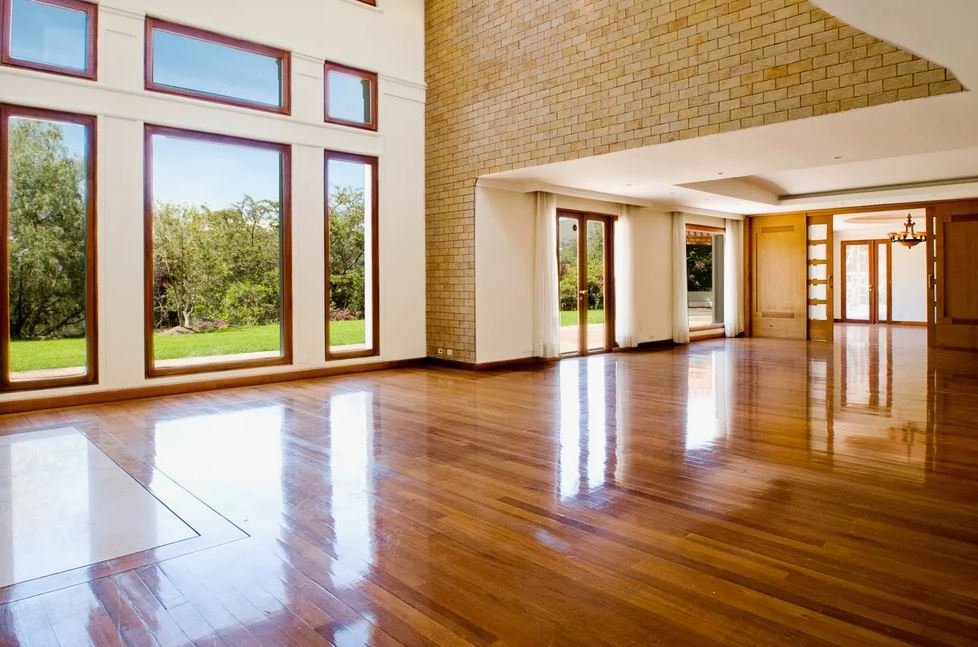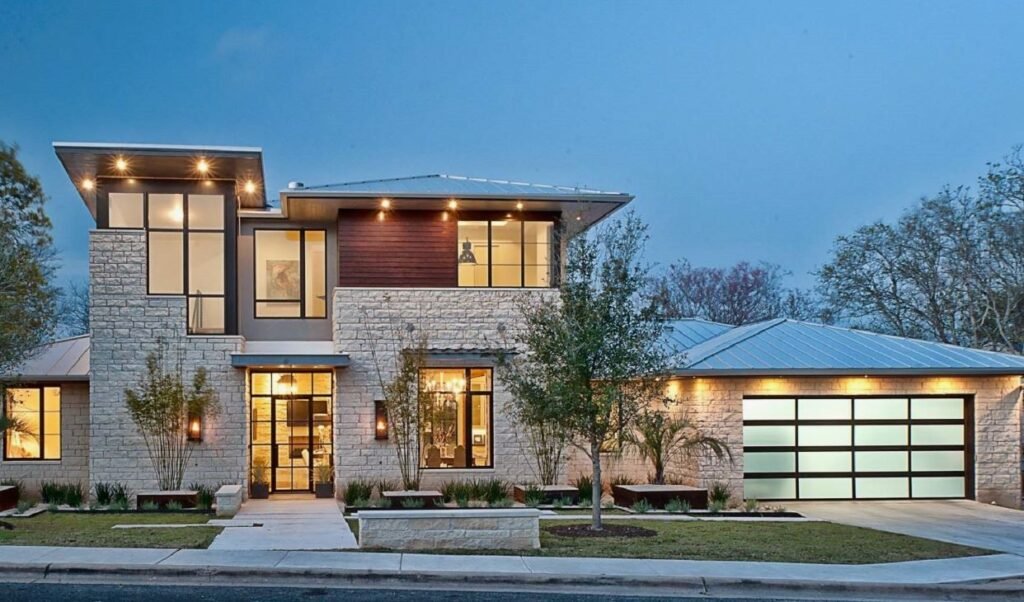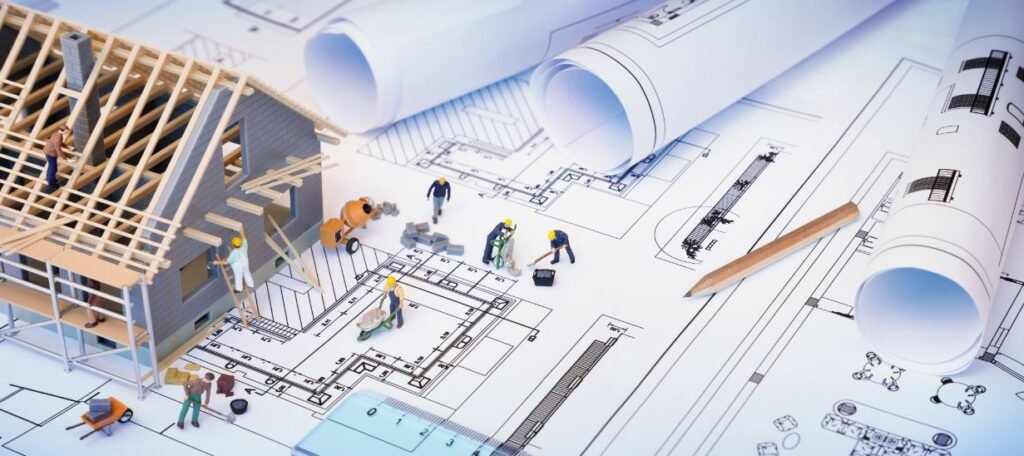Building a home is one of the most significant investments people make, and understanding the construction process can be beneficial for both homeowners and investors. In Vancouver, where architectural styles are diverse and sustainability is highly valued, having a foundational knowledge of house construction can ensure that projects meet local standards and expectations. This guide covers the essentials of house construction, from planning and design to essential structural components, providing insights into when to consult professional help to bring your vision to life.
The Phases of House Construction
Constructing a home typically involves several phases, each with unique requirements, considerations, and expertise. Knowing what to expect in each phase can help you make informed decisions and streamline the building process.
Phase 1 – Planning and Design
House construction starts long before the first brick is laid. The planning and design phase is crucial for establishing the foundation of the project, including the layout, materials, and budget.
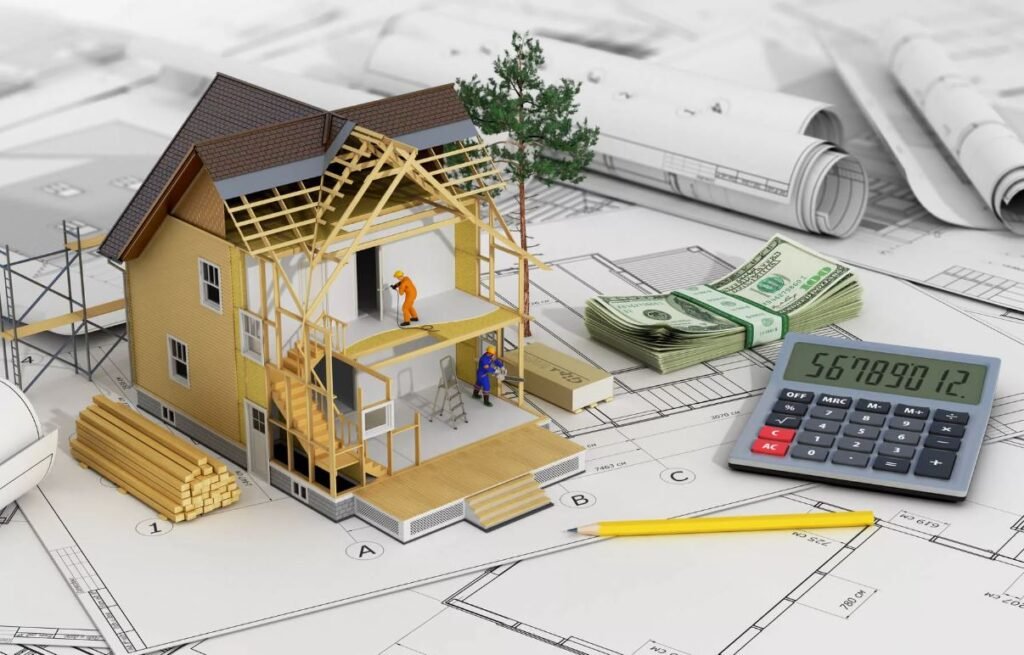
Developing a Blueprint
The blueprint is the detailed plan of the home, including room dimensions, electrical layouts, and structural features. In Vancouver, blueprints often reflect both functional needs and aesthetic preferences. An architect or designer can create a customized blueprint that meets both regulatory and personal standards.
Choosing Sustainable Options
Sustainability is a growing trend in Vancouver’s construction industry. Incorporating energy-efficient windows, solar panels, and eco-friendly materials can reduce environmental impact and improve the home’s resale value.
Phase 2 – Site Preparation and Foundation Work
After the design is finalized, the next phase involves preparing the construction site and laying the foundation.
Excavation and Site Clearing
Clearing the site is the first physical step in construction. This involves removing any existing structures, trees, or debris and leveling the ground to create a suitable building surface. Vancouver’s climate requires extra attention to drainage and soil stability to ensure the home remains structurally sound.
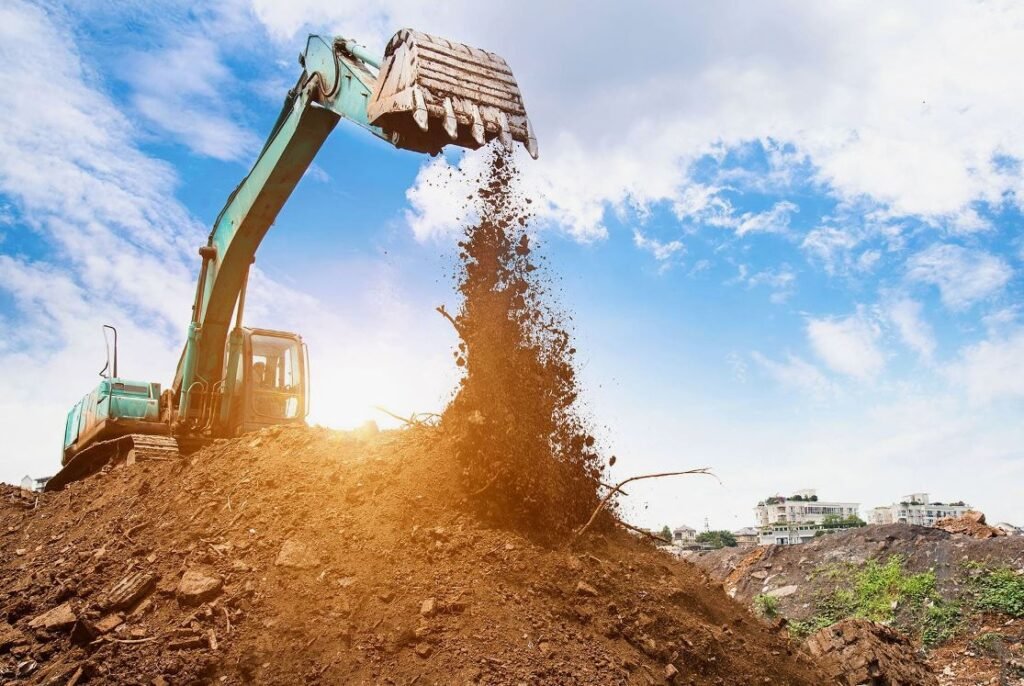
Laying the Foundation
The foundation is the most critical structural component, as it supports the entire home. Depending on the soil and design, foundations may be slab-on-grade, crawl space, or full basement. Concrete is commonly used due to its strength and durability. Professional foundation contractors are recommended to ensure that the base is built to last and meets all local regulations.
Phase 3 – Framing the Structure
Framing provides the skeleton of the house, defining its structure and layout.
Building the Frame
The framing process involves constructing walls, floors, and roof supports using wood or steel beams. In Vancouver, wood framing is popular due to its flexibility, sustainability, and cost-effectiveness. This stage also includes adding trusses for roof support and sheathing to prepare for insulation and exterior finishes.
Adding Doors and Windows
Once the frame is in place, doors and windows are installed. Proper installation is essential to ensure energy efficiency and weather resistance, particularly in Vancouver’s varied climate. High-quality, energy-efficient windows can help reduce heating and cooling costs.
When to Call a Professional
Framing errors can lead to structural issues, so hiring experienced framers or contractors is essential. A professional team will ensure that the framing is level, secure, and aligns with the blueprint.
Phase 4 – Electrical, Plumbing, and HVAC Installation
Once the structure is framed, it’s time to install the essential systems that make the home functional.
Electrical Wiring
Electrical work involves installing outlets, switches, lighting, and wiring for appliances. A licensed electrician must perform this work to meet safety standards and code requirements. In Vancouver, specific regulations may apply to eco-friendly technologies, such as EV chargers and solar panels.
Plumbing Systems
The plumbing system includes water supply lines, drainage, and fixtures like sinks and toilets. Proper installation prevents leaks, which can lead to costly water damage and mold growth. Plumbers must consider Vancouver’s water regulations, which emphasize water efficiency.
HVAC (Heating, Ventilation, and Air Conditioning)
An efficient HVAC system ensures that the home maintains a comfortable temperature year-round. Installing energy-efficient HVAC systems and insulating ductwork helps keep heating and cooling costs low, which is particularly valuable in Vancouver’s variable climate.
When to Call a Professional
Electrical, plumbing, and HVAC systems require specialized expertise and licensing. Hiring certified professionals ensures that these systems meet safety standards and are properly integrated into the home’s structure.
Phase 5 – Insulation and Drywall
Proper insulation and drywall installation are essential to create a comfortable, energy-efficient home.
Insulating the Home
Insulation helps regulate the home’s temperature, keeping it warm in winter and cool in summer. Common insulation materials include fiberglass, spray foam, and cellulose. Vancouver’s climate may require specific insulation ratings, so it’s essential to consult local building codes when selecting materials.
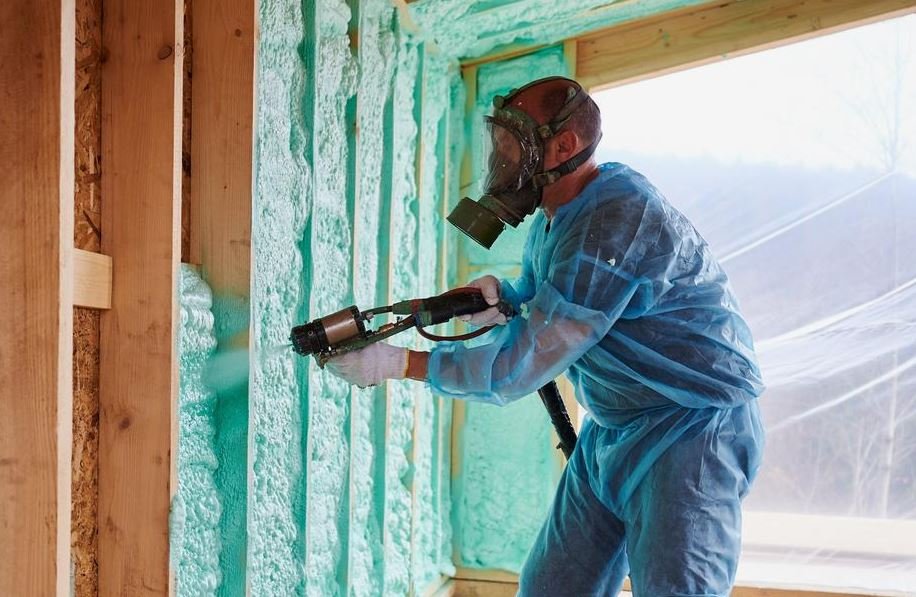
Drywall Installation
Drywall is applied over the framing to create smooth, paintable walls. This stage involves measuring, cutting, and securing drywall panels and finishing with joint compound for a seamless look. Professional installation ensures durability and minimizes the risk of cracks or dents.
Phase 6 – Exterior and Interior Finishes
The final phase focuses on enhancing the home’s aesthetics and functionality with exterior and interior finishes.
Exterior Finishes
Exterior finishes protect the home from the elements and contribute to its curb appeal. Siding, stucco, or brick are popular options in Vancouver, chosen for their durability and style. High-quality paint, stone accents, and landscaping are often added to complete the exterior.
Interior Finishes
Interior finishes include painting, flooring, cabinetry, and fixtures. Hardwood, tile, or carpet are popular flooring choices based on room function and design preference. This phase also includes installing cabinets, countertops, and lighting, transforming the house into a functional, beautiful living space.
When to Call a Professional
Hiring professional painters, tilers, and carpenters ensures a high-quality finish that enhances both the aesthetics and value of your Vancouver home.
Understanding Building Codes and Permits
Building codes and permits are essential components of house construction, ensuring that structures are safe, accessible, and compliant with local standards.
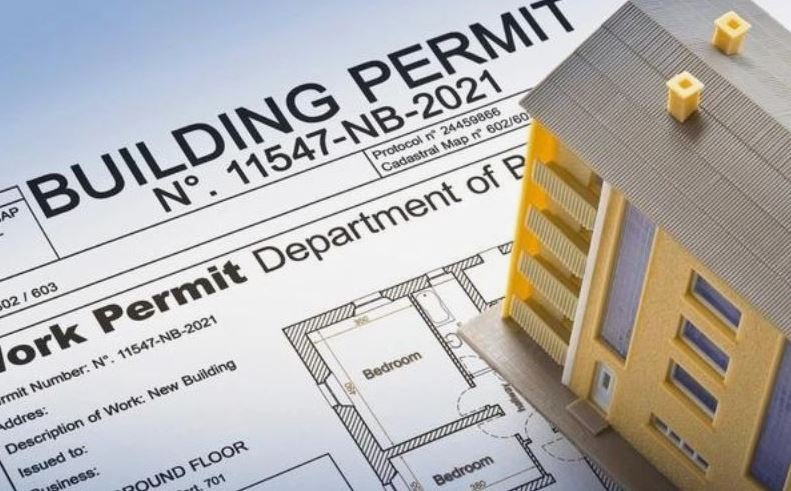
Permits Required for House Construction
In Vancouver, permits are required for almost every stage of construction, from site preparation to final finishes. Building without permits can result in fines and legal issues. Key permits typically include those for electrical, plumbing, structural, and zoning compliance.
Following Vancouver Building Codes
Local building codes cover structural integrity, energy efficiency, and safety measures. For example, Vancouver mandates energy-efficient practices in new homes, requiring materials and techniques that reduce environmental impact. Consulting a professional contractor can ensure that your home meets all building codes.
When to Call a Professional
An experienced contractor or project manager is invaluable for navigating the permitting process and ensuring compliance with building codes. They can manage the paperwork, coordinate inspections, and address any issues that arise.
Bringing Your Vancouver Home to Life with Expert Help
Building a home is a complex, multi-stage process that requires careful planning, quality materials, and skilled construction professionals. Each phase—from design and site preparation to finishing touches—plays a critical role in ensuring that your house is both beautiful and functional.
Whether you’re building a custom home or upgrading an existing one, the expertise of professionals can make a significant difference. Experts in Vancouver understand the unique requirements of the local climate, building codes, and sustainable practices. For an efficient, safe, and seamless house construction experience, consider consulting professionals at every stage to bring your vision to life.

For expert advice and support in building your dream home in Vancouver, reach out to a reputable construction and renovation specialist to guide you through the journey.

